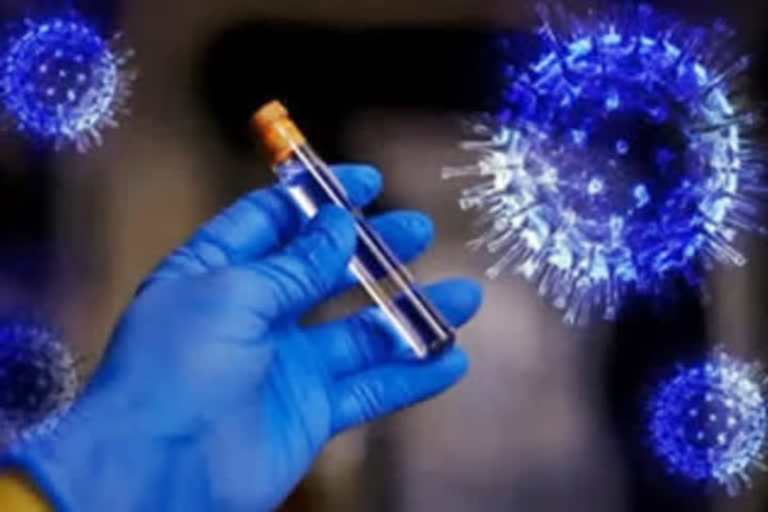New Delhi: Against the backdrop of August 15 timeline issued by Indian Council of Medical Research (ICMR) to launch the indigenous COVID-19 vaccine, researchers related to Bioethics and experts have raised questions over such deadline given the fact that clinical trial needs months of research and experiment to get a vaccine.
ICMR was, however, quick to react that "it was just a letter asking the institutes to fast track the vaccine trials. The vaccine already got Drug Controller General of India's approval."
"The Director-General has sent the letter requesting to fast track the vaccine trials. We are clarifying that there was no forcible time limit given to the clinical trial institutes," said Dr Lokesh Sharma, a senior scientist in ICMR to ETV Bharat.
The ICMR letter issued by DG Dr Balram Bhargava that generated attractions said, "It is envisaged to launch the vaccine for public health use latest by August 15, 2020, after completion of all clinical trials. BBIL is working expeditiously to meet the target, however, final outcome will depend on the cooperation of all clinical trial sites involved in this project."
Dr Bhargava asked all 12 medical institutes and sites selected for the clinical trial, to fast track all approvals related to the initiation of the clinical trial and ensure that the subject enrolment is initiated no later than July 7, 2020.
"For a vaccine for which pre-clinical development is still going on, how can clinical trial recruitment be started on July 7...A vaccine trial completed in little over a month, efficacy pre-decided?" said Dr Anant Bhan, a researcher on Bioethics.
He also raised questions over the criteria under which the 12 sites have been chosen. "Some of these seem to be small nursing homes and hospitals, are that the appropriate place to run a pandemic vaccine trial," said Dr Bhan.
It may be mentioned here that Bharat Biotech with which ICMR and NIV, Pune has jointly been developing the vaccine named "COVAXIN", had recently said that Drug Controller General of India-CDSCO granted permission to initiate Phase I and II human clinical trials after the company submitted results generated from preclinical studies.
The preclinical studies demonstrate safety and immune response. Under the preclinical trial, scientists give the vaccine to animals such as mice or monkeys to see if it produces an immune response.
